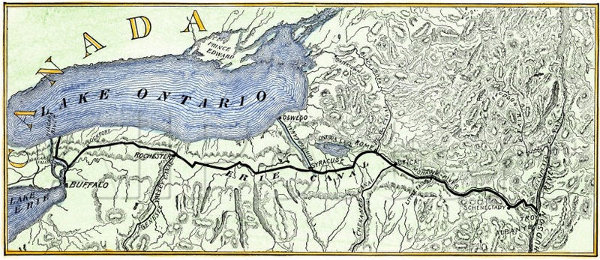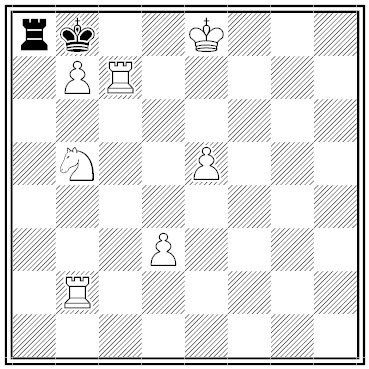By reducing each chapter of the Bible to a single line and presenting these lines in rhyming quatrains, the Juvenile Bible of 1804 condenses the Old and New Testaments into 69 memorizable pages. By learning a simple system, one can then cite any chapter of the Bible from memory. Here are the first three stanzas of Genesis:
1 All things created, Moses writes,
2 And Paradise displays;
3 Tells Adam’s fall, which ruin’d all:
4 Cain righteous Abel slays.
5 Before the flood man’s life was long:
6 Noah the ark doth frame:
7 The world is drown’d, eight favour found,
8 Out of the ark they came.
9 Cov’nant of rain-bow; Noah drunk,
10 His offspring is increast;
11 They Babel rear, confounded are.
12 Abram is call’d and blest.
To aid in memorization, the stanzas begin with successive letters of the alphabet, so a stanza that starts with A always marks the first chapter of a book, B the 5th, C the 9th, and so on. Once we’ve memorized the stanzas above, we can always name the chapter in Genesis in which the Tower of Babel is described: It’s the third line of the stanza beginning with C, so it’s chapter 11. Conversely, if we’re asked to name the subject of any given chapter, we can produce the answer using the same system.
“This novel and curious arrangement will, it is presumed, gratify the taste of young readers, and not only give them a relish for the Sacred Volume, but even assist their memories when duly acquainted with it,” writes the anonymous author. To his credit, he adds, “No portion of it should ever be allotted as a Task; the Author of this Work being well convinced, it is owing to the modern and impious mode of Education, compelling Children to learn Collects, chapters in the Bible, Hymns, &c. as occasional Exercises, and frequently by way of Punishment that the Word of God is not heard and read with that satisfaction it always should be.”







